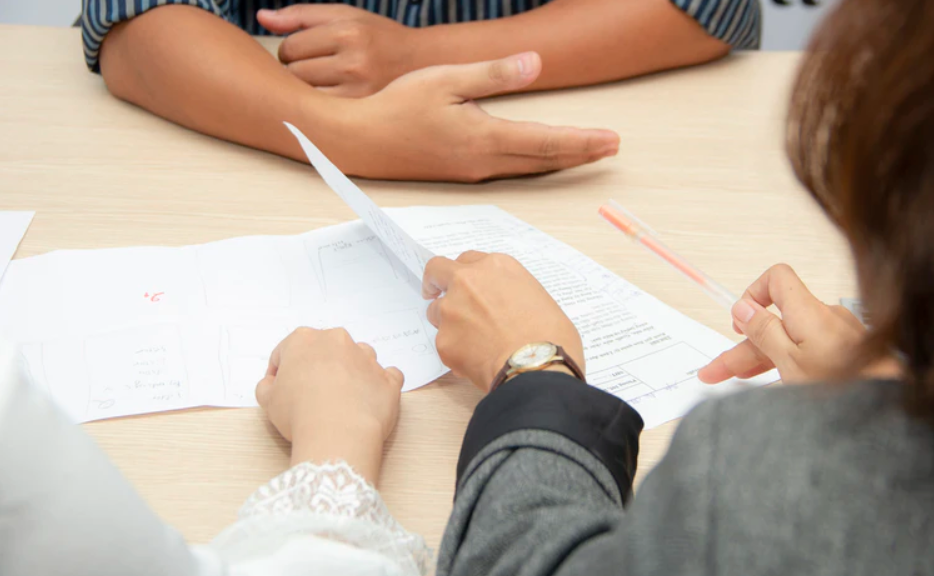
Apostilling documents involve a specific authentication process used when legalizing documents for international use in countries that are part of the Hague Apostille Convention. The strategy aims to validate the legitimacy of official documents to ensure their acceptance and recognition in foreign jurisdictions.
Remember that the entire process for non-Hague countries can be demanding, as it involves multiple levels of verification and might require translation of the document into the official language of the receiving country.
Here’s a detailed walkthrough of the apostille process:
Step 1: Determine Eligibility
Identify whether the country where the document will be used is part of the Hague Apostille Convention. Not all countries are signatories, so it’s crucial to confirm this before proceeding. Countries that have ratified the convention accept apostilled documents from other member countries without the need for further legalization.
Step 2: Obtain the Document
Secure the original document that requires apostille authentication. This could be various documents like birth certificates, marriage licenses, degrees, powers of attorney, or court documents. Remember, photocopies usually cannot be apostilled; they must be an original or a certified copy.
Step 3: Verify and Notarize
Ensure the document is valid and up-to-date. If needed, get it notarized by a recognized notary public. Notarization certifies the authenticity of the signature and the authority of the person signing the document.
Step 4: Contact Competent Authority
Identify the competent authority responsible for issuing apostilles in your country. Depending on your country’s regulations, this authority is usually a government office, such as the Secretary of State or Department of Foreign Affairs.
Step 5: Submit for Apostille
Submit the original document (or certified copy) and any required forms or applications to the designated authority. This process might be associated with fees, so be prepared for that.
Step 6: Await Processing
The competent authority reviews the document and verifies its authenticity. Once confirmed, they attach the apostille—a specialized certificate with specific information—directly to the document or an attached page.
Step 7: Receive Apostilled Document
Once the apostille is affixed, the document is legally authenticated for use in member countries of the Hague Convention. It is now ready for use in the intended foreign country.
Step 8: Use Abroad
Present the apostilled document in the foreign country where it’s intended for use. The apostille verifies the document’s legitimacy, making it acceptable for business transactions, academic enrollment, legal proceedings, etc.
Additional Considerations
Translation: If the document is in a language other than the official language of the receiving country, it might need translation by a certified translator.
Validity Period: Apostilles typically don’t expire, but some institutions or countries might require recently issued documents.
Specific Requirements: Different countries might have particular requirements or additional steps for specific documents.
It’s important to note that the specific requirements and procedures for legalizing documents can vary widely between countries. Some countries might have bilateral agreements or particular arrangements that could simplify or alter these procedures. Seeking guidance from legal professionals or consulting the receiving country’s embassy or consulate can clarify the necessary steps to legalize documents for use in non-Hague member countries.
Key Takeaway
The apostille process aims to simplify the legalization of documents for international use, reducing the need for lengthy and complex authentication procedures between countries that are part of the Hague Apostille Convention. Always verify the specific requirements and practices with the relevant authorities to ensure a smooth and valid apostille process.




